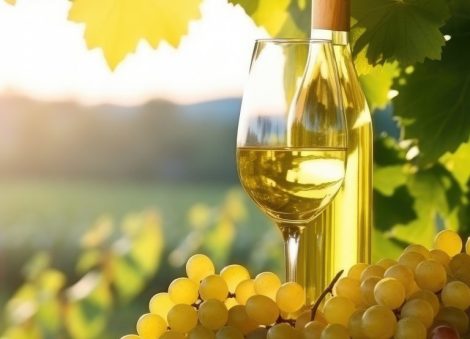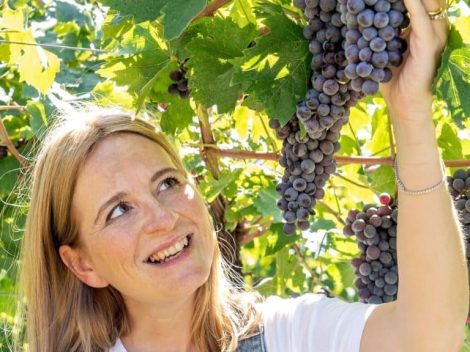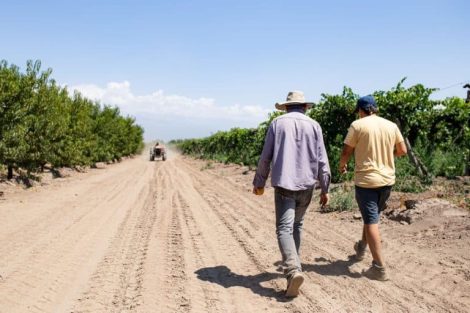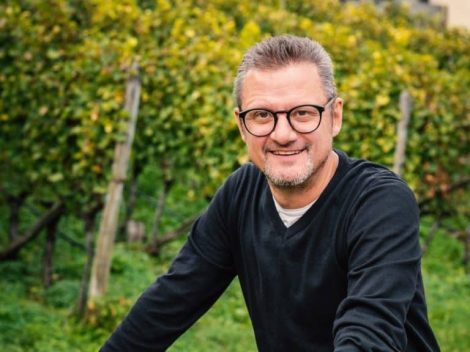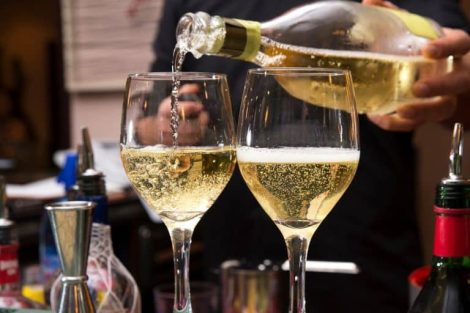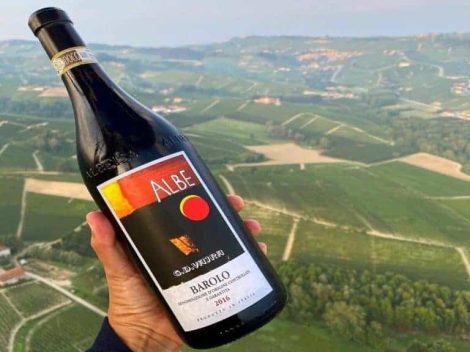In this column, I aim to tell the stories of people and their cheeses, in a virtual journey that embraces the whole of Italy. As I did with my TV show AB…Cheese broadcast on Gambero Rosso Channel, I want to share my discoveries: small agricultural productions and less known farmstead products. Farmers who, despite the small numbers, keep working even in this difficult moment, making extraordinary, often at risk of 'extinction' cheeses. From a human point of view, I am pressed to introduce the people before their products. It's important to remember that every cheese, every liter of milk, every curd, every single wheel contains effort, sweat, tears. It's strange, but the taste gains from this. This first installment takes us to Lazio, to meet two farms run by women. Farmstead dairies where the milk from their own animals is employed and transformed into cheese.
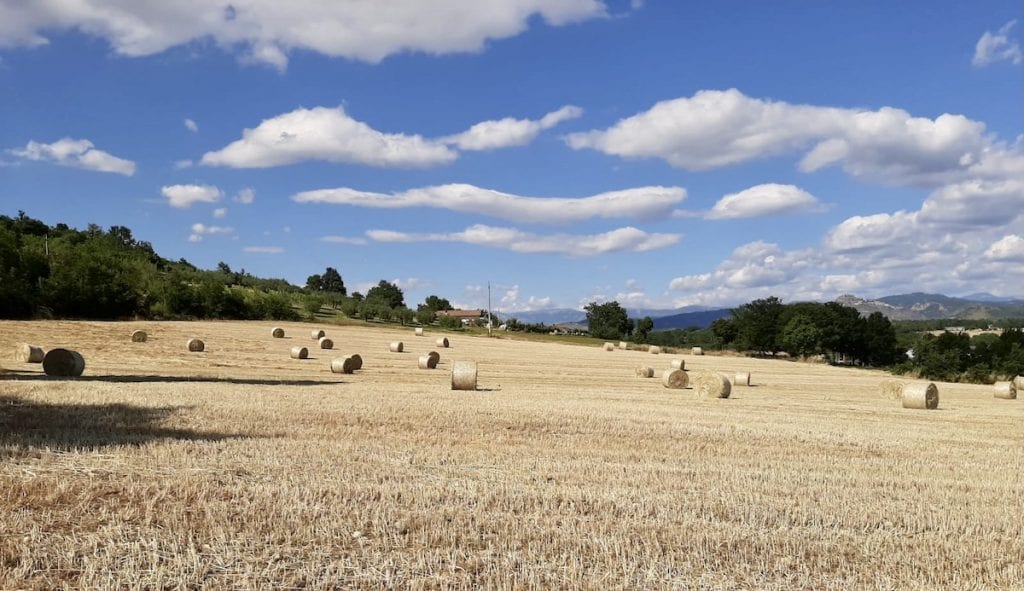
Ludwig wheat fields of the Maceroni Farm
Women and cheese
If everything revolving around livestock is competence of man, milk on the other hand is the prerogative of the woman. Legend has it that it was the nymph Cyrene who taught men the art of dairy farming and herding. In reality even today it is from the hands of women that traditional cheeses are born, with family secrets often handed down from mother to daughter. Therefore, the figure of the woman is fundamental, testimony and memory of the production process within the dairy. Women are the guardians of flavours and aromas that become guarantors of history, territory, culture.
Small producers of agricultural cheeses: Azienda Agricola Caterina Maceroni
Azienda Agricola Caterina Maceroni is in Ceprano, in the Frosinone province of Lazio. The owner does her job with unleashed passion for farming, with the dedication of a caring parent and genetically inherited experience. A story that has been going on on her soil for a century. These features guarantee products of the highest quality. The cheeses and other dairy products of the “super fresh” production line are born thanks to techniques handed down by the owner's maternal grandmother, in the small onsite dairy, with the milk of their 50 cows. No tricks, no shortcuts, no marketing. Just hard work and stubbornness.
Caterina Maceroni
I met Caterina Maceroni - owner and force of nature who with iron will and dedication leads the small farm inherited from her father - thanks to a mutual friend, the enlightened professional in the field of valorization and sale of cheeses on the Rome scene, Francesco Loreti owner of Formaggeria within the Piazza Epiro market. With such worthy a guarantor, I decided to meet Caterina personally and receive a sample of her products.
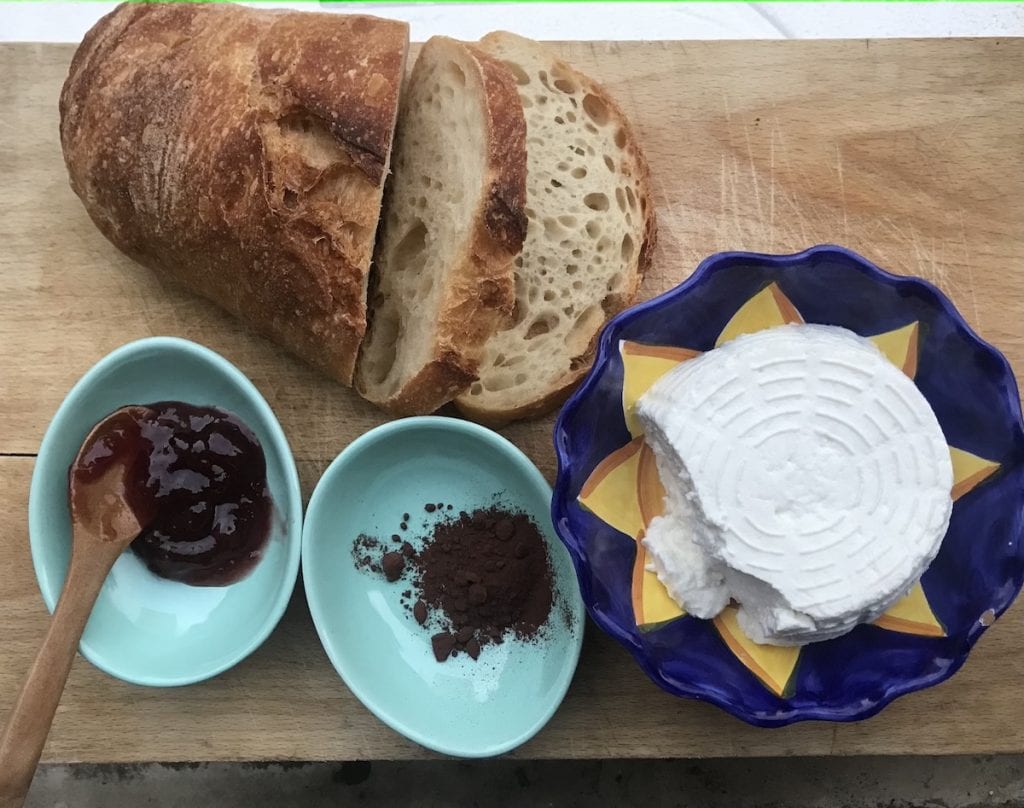
The milk
I was blown away. Not only from the milk with a flavour of the past: rich, creamy, fragrant of pasture and with excellent fat balance. I was not only struck by the genuine ricotta, now part of my breakfast ritual. I was not only pleasantly surprised by the very fresh primo sale cheese "made with my mother's recipe" as Caterina informs me, and the stracchino with just the right hint of acidity. I was deeply moved and admired (above all) by the owner.
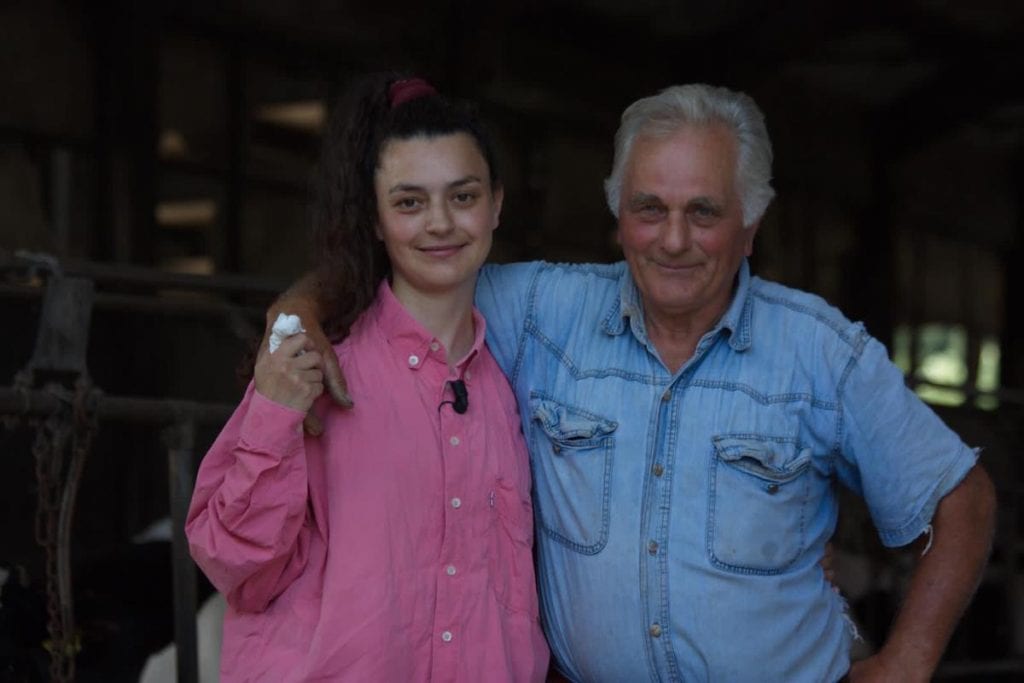
Caterina Maceroni with her father
The person
Caterina and I have a lot in common, beyond her willpower and the quality of her products what we share has made me supportive of her: we are both single mothers; we both face professional difficulties due to being women, both passionate and motivated beyond reason for our work; both fascinated by the soil and milk.
During the filming of AB...Cheese I always supported the idea that behind every cheese there is a human being, calloused hands, blind dedication, technique and heart. The producer is her cheese. And to each one the producer infuses unique characteristics just like fingerprints; thus turning milk, rennet and salt into an extraordinary, original, unparalleled thing.
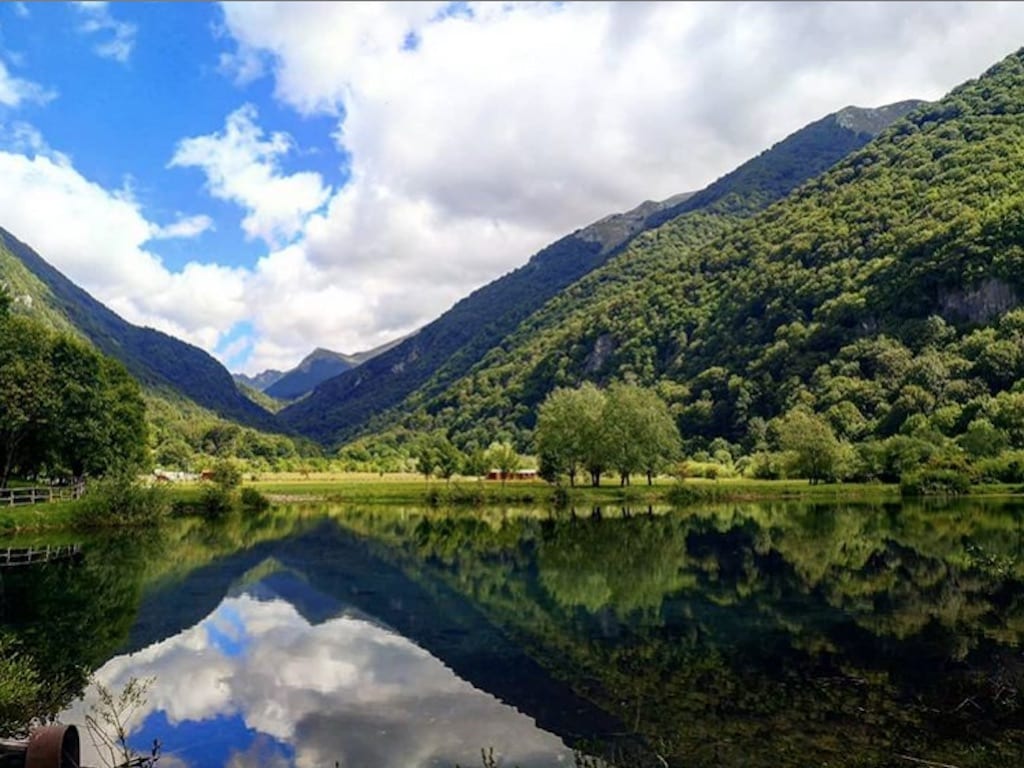
Settefrati
The role of consumers
If a liter of milk for food use is paid to these small artisans €0.37 + VAT, it's clear that the profit margin is minimal. With the health emergency, the difficulties have multiplied. As highlighted on the women protagonists of virtuous agriculture piece, peasant entrepreneurs like Caterina often face many obstacles. Think of the problems in clashing daily with the systemic underestimation of women in agriculture; or the lack of credit when you go to ask for a loan at the bank. We consumers are the ones who must overturn this ancient trend. Our shopping cart, our table, our conscious food choices can help small farms to maintain their dignity and continue in their noble, albeit small, agricultural activity. Like Caterina's. In Rome, you can find her cheeses and her amazing whole milk in many excellent stores: Formaggeria at the Market in Piazza Epiro Box 25; at the historic Marinari pastry shop in Piazza Sant’Emerenziana; at Piccola Formaggeria di Mercato at the little Trieste market, and other cheese shops scattered across town. You can also order to receive a home delivery at no additional cost.
Small producers of farmstead cheeses: Maria Pia of Agricola San Maurizio
Just 50 km east, in the same province of Frosinone, a land of breeders and shepherds since ancient times, there is another family-run farm, Agricola San Maurizio. Shepherds for 9 generations and guardians of the tradition of transhumance (seasonal flock drives to richer pastures). Cheese is also produced here. Here too there is a woman at the helm.
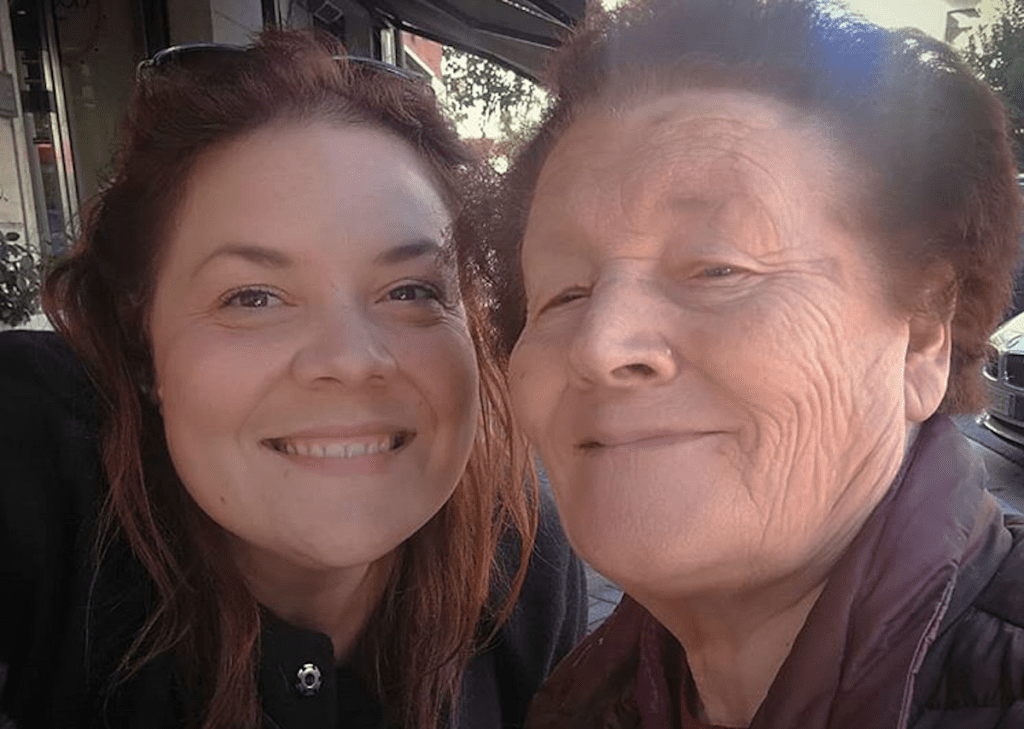
Maria Pia with her Grandmother
Antonio Pia, like his father Marcello, is a shepherd who sleeps among his flock of sheep in the bivouac, during the transhumance. I met his sister, Maria Pia, at the inagural edition of Formaticum, a trade fair dedicated to cheese rarities brilliantly created by Vincenzo Mancino (selector and cheese expert with his Proloco Dol shop in the Centocelle district of Rome) in collaboration with La Pecora Nera Editore. On that occasion I tasted Maria's Pecorino di Picinisco Dop, which she simply defines as the "family cheese," her Marzolina (Slow Food Presidium), Burel (stretched curd) and other cheeses, exclusively made with raw milk, sold in Rome at Proloco Dol and online at Pipolà.it. But I tasted the true flavour of the Pia family products in June 2019, when I too participated in that extraordinary transhumance.

The transhumance
From the stable in Settefrati in the Abruzzo, Lazio and Molise National Park, nestled in the heart of the Comino Valley, we walked with the flock of 600 sheep, about fifty goats and were escorted by an extraordinary brigade of white Maremmani sheep dogs. We crossed Picinisco, arriving up, at the stop for the bivouac in the middle of the night. There we slept under the stars, lulled by the canon of bells and bleating of the flock that a little further on waned as sleep arrived. At dawn we climbed the last stretch in thick forests up to the lush green pasture of the "stazzo," at an altitude of 1,400 meters. There, to welcome us with breakfast, was Maria who fed us bread, ricotta and chocolate, hot coffee, pecorino cheese, honey. I will never forget the taste of that morning.

We spotted wild boar, porcupines and even wolves in the distance. The 18 km walk (mostly uphill) was one of the most difficult, challenging, poetic and exciting experiences of my life.
Even in this small farm for more than thirty years traditional products have been valued, avoiding an intensive approach at all costs, focusing instead on sustainable rural development with an increasingly high ecological profile. The production regime is organic, the safeguarding and recovery of some native species (some in danger of extinction) for the benefit of local biodiversity are key points. Future projects included tasting tours, refreshments, teaching for children and hospitality. The Covid-19 emergency has put a stop to all this.
Helping small farmstead cheese makers
We consumers can support small local agricultural productions by keeping ourselves informed and initiating dialogue, creating community supported agriculture groups, preferring local artisan products rather than cheeses of often poor quality found in large-scale distribution circuits. And when we can return to roam freely in and out of our provinces, let's visit our countryside. Let's our children what work, land and dedication mean.
The vocation of these two Ciociare women, so different, yet so inextricably linked by passion, moves and inspires me. We talk of weaker sex, but I only see strong and resilient beings, determined creatures, passionate and dedicated to the sacrifice of this ancient craft, all done daily, in the name of love.
Caterina Maceroni Farm - Ceprano (FR) - via Serole 21 - 0775 950657 - Facebook
Agricola San Maurizio - Settefrati (FR) - via Colle Pizzuto 21 - 0776 172 2133 - Facebook
by Eleonora Baldwin

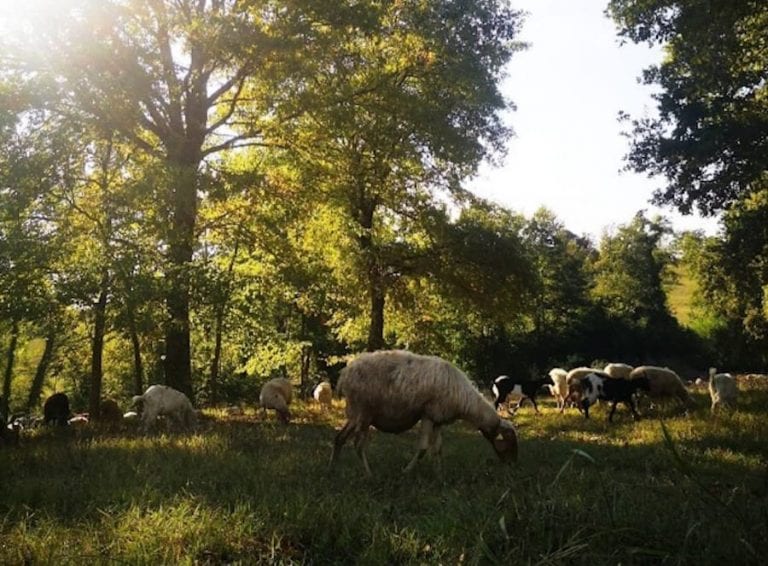
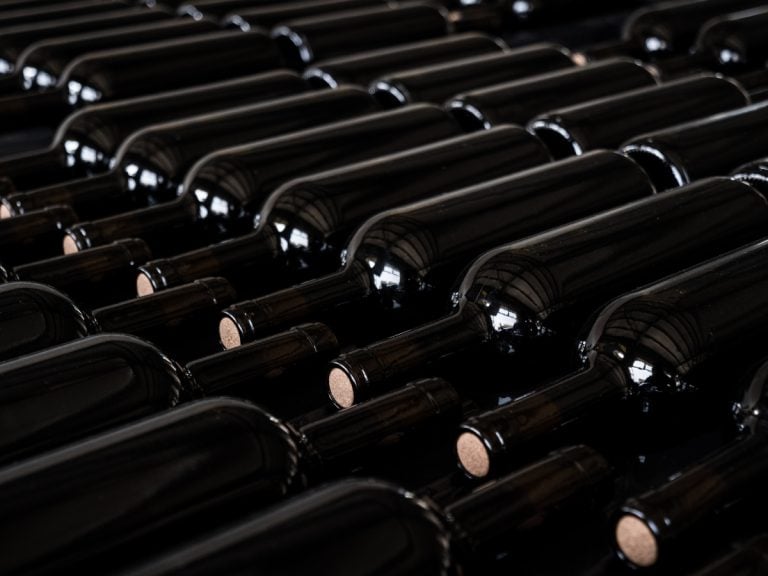 Italian wine exports reach €5.1 billion in the first eight months of the year
Italian wine exports reach €5.1 billion in the first eight months of the year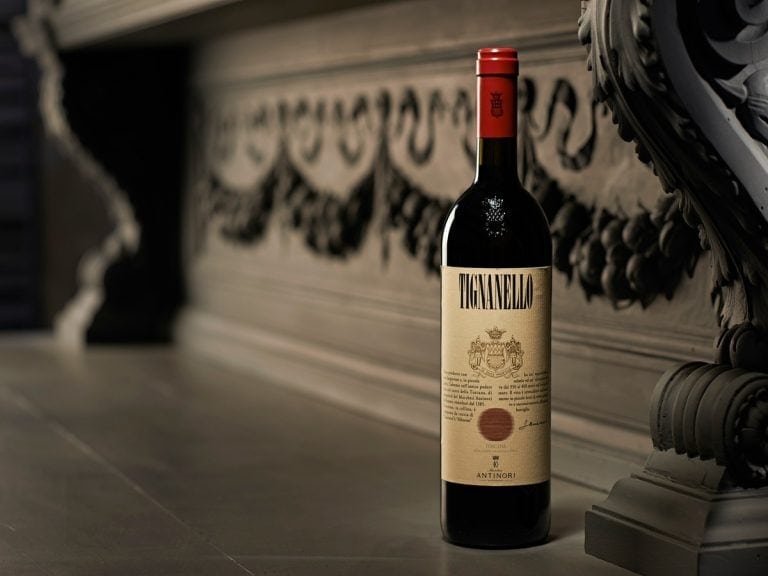 A Supertuscan takes the podium in Wine Spectator’s rankings
A Supertuscan takes the podium in Wine Spectator’s rankings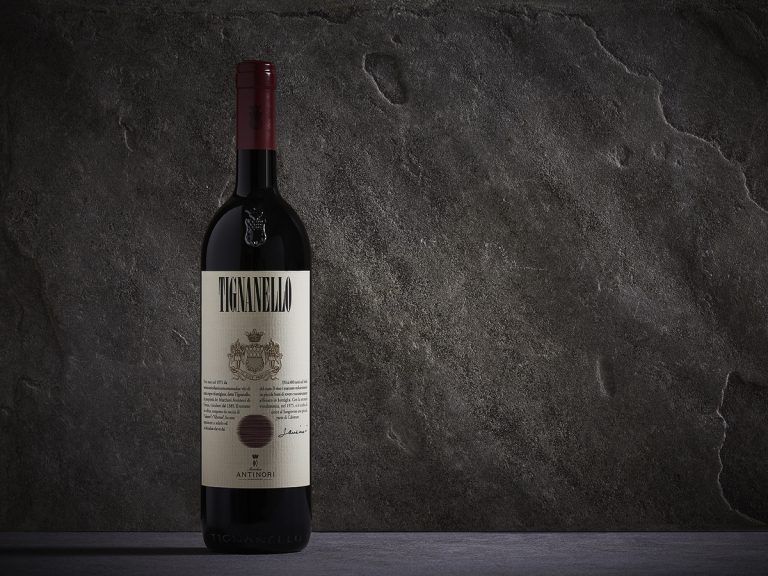 After 50 years, Tignanello still captures the spirit of the times
After 50 years, Tignanello still captures the spirit of the times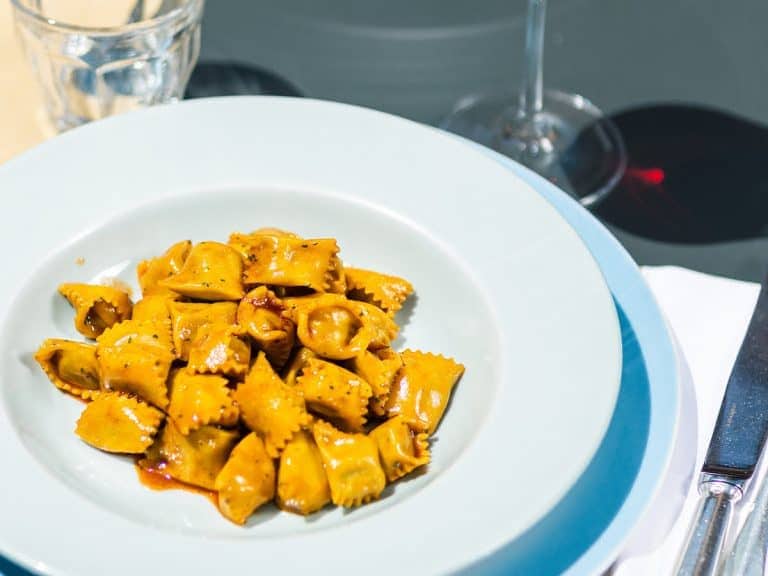 In the White Truffle Capital, one of Italy's best new trattorias (with the touch of one of Italy's top two Chefs)
In the White Truffle Capital, one of Italy's best new trattorias (with the touch of one of Italy's top two Chefs)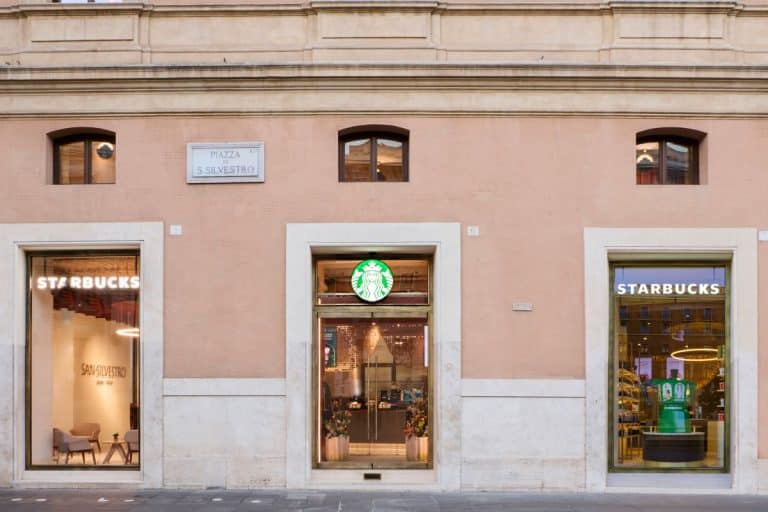 The first Starbucks flagship store in Europe opens in the heart of Rome, featuring a dedicated Mixology Bar
The first Starbucks flagship store in Europe opens in the heart of Rome, featuring a dedicated Mixology Bar